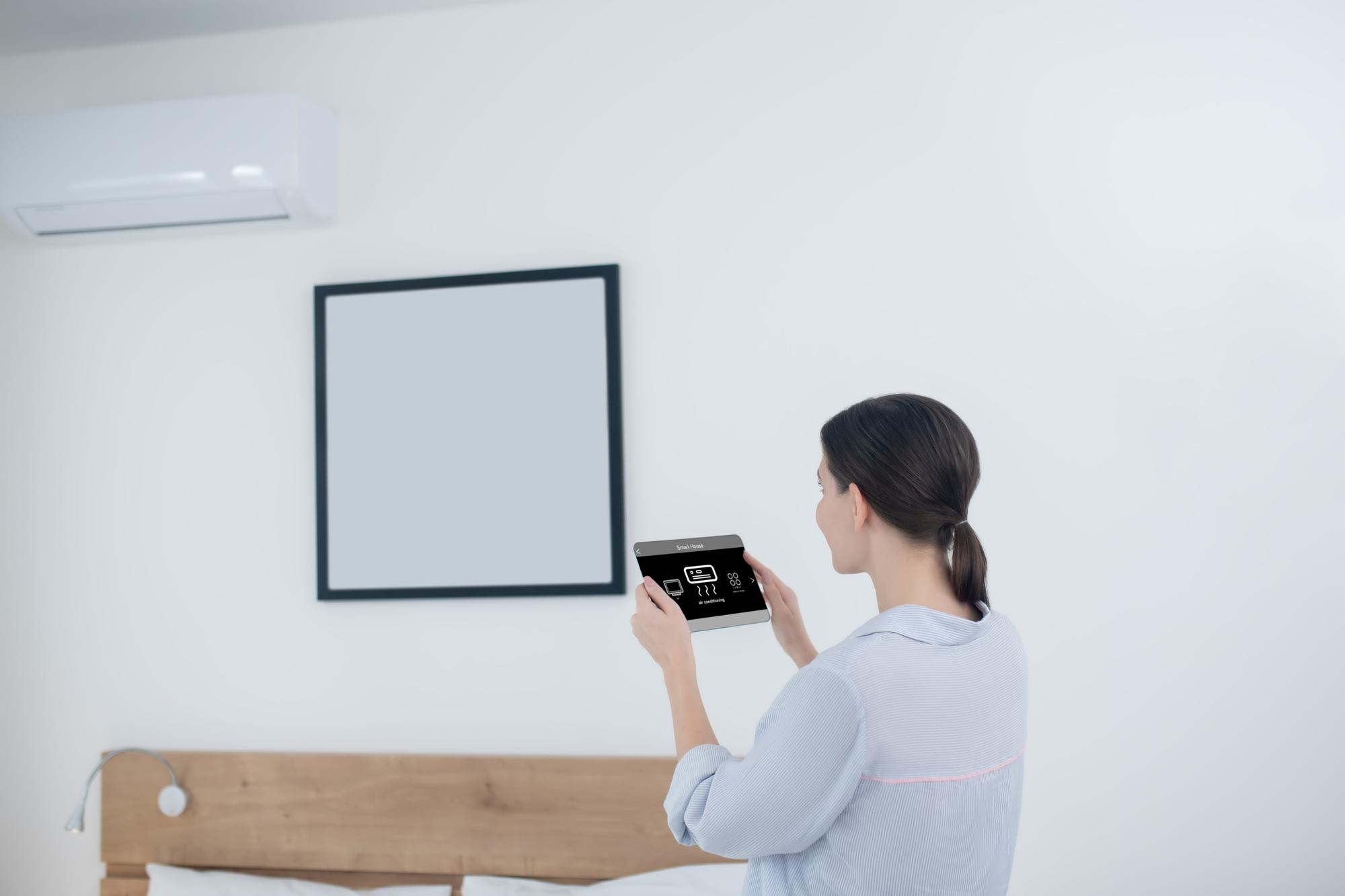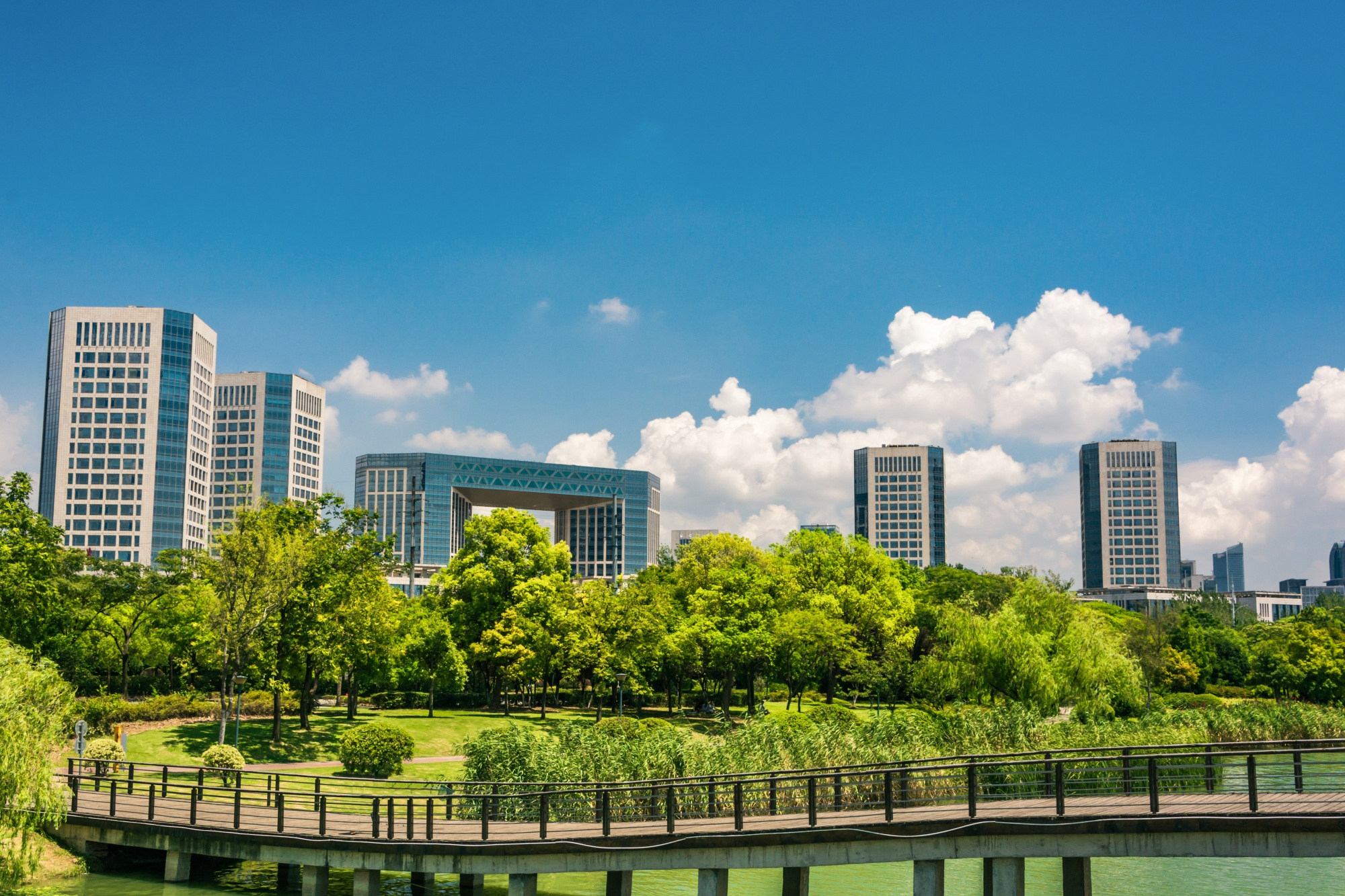Last July was the hottest month in history on record, and apparently, this is only the promo for an even warmer future. Will electrical systems be able to withstand the increasing demand for air conditioning? Well, this question has been a concern of many innovators in recent years. And let me tell you - nowadays, there are quite a few innovative air conditioning solutions out there, just waiting to boom.
I, Ofir Bar, am an investor with about 25 years of experience in worldwide markets, and a special interest in entrepreneurship and innovation. To tell you the truth, global warming definitely concerns me, but as an investor, I’m also concerned about its effect on the energy crisis. Luckily, some bright minds have already tackled this problem, bringing us some air conditioning solutions that may make our future more environmentally friendly and sustainable.

Walking a thin line
It’s well-known that ACs consume a lot of energy, but do you know how much exactly? Well, in the States, for example, standard ACs consume 6% of the local electricity supply. On top of that, these ACs use cooling substances that contribute to the greenhouse effect way more than excessive CO2 in the air, caused by carbon emissions from vehicles and factories.
Contemporary cooling solutions have to walk the thin line of being effective, environmentally friendly, and low on energy consumption - a true challenge to innovators.
To some degree, these days we already have a product that manages to walk this thin line in a satisfactory way - heat pumps: These pumps transfer heat from one place to another, just like a split-unit AC device. This solution is good, but not sufficient for the long run - energetically, environmentally, and efficiency-wise. A new generation of cooling systems is definitely needed.

Image by evening_tao on Freepik
Stay frosty
You may have not heard about Blue Frontier yet, but this startup has come up with some bright cooling ideas that live up to contemporary challenges. One of them uses a salt solution as a cooling substance, instead of the polluting substances that are common in ACs today. This cooling unit is able to operate for several hours even without a power supply. On top of that, the electricity supplier can change the device’s power consumption in correspondence with the system’s capacity at any given moment.
What’s even more interesting about Blue Frontier’s idea is that the salt solution in it can absorb humidity. When the air is humid, ACs need more power to cool spaces. So, with the salt solution replacing the former substances, the power consumption of this cooling device is potentially 50%-90% lower than in ordinary ACs. Blue Frontier is still testing its systems at the moment. Its product is set to enter the market in 2025, to commercial properties first.
As we speak, another startup, named Gradient, is developing a window-AC that’s connected to the net. This can be helpful in regions that take part in energy-saving programs to reduce the overload on electricity suppliers when needed.
This solution can only be efficient if a substantial number of households and commercial properties in a single region have a similar product, but that’s not so out of reach: California and Texas, for example, have already expressed their will to take part in state-scale energy efficiency plans to reduce potential overload on power suppliers in times of high power consumption.

Image by senivpetro on Freepik
Just the beginning?
Of course, the examples given here are just the tip of the iceberg. There are many startups that put substantial efforts into finding solutions to the expanding challenge of sustainable air conditioning.
It’s too bad that we start thinking of solutions only when we are on the brink of crisis, but I guess that’s human nature. Or is it? Regardless of the answer, I’m happy that there are more and more countries and regions that understand the importance of sustainable air conditioning. Hopefully, this is just the beginning of a more eco-friendly humanity.